This is an excerpt of the World YWCA / YMCA Week of Prayer booklet. To download the
full booklet click here
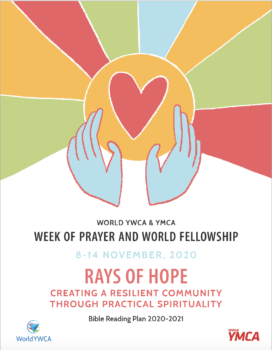 Breathing together in solidarity
Breathing together in solidarity
By: Elaine Neuenfeldt, Act Alliance Gender Programme Manager
At times of catastrophes and calamities it is difficult to breathe.
Catastrophes are not affecting everyone equally – they tend to intensify inequalities and exacerbate injustices.
The current pandemic is taking away of breathing capacity, as well as our analytical capacity to understand and explain the changes the world is going through. Our words and concepts are not broad enough, are not fitting in this new reality, the “new normal” we are facing. We need to find how to breathe and how to live in this new reality where social distance, loneliness and fear seems to rule relations. We need to find ways to flourish relationships that are framed in solidarity and love, in the midst of this unjust world, and to transform this world for the better. To find words that help us to breathe through this pandemic – as the Latin term suggests – cons-pirar (conspirāre) – to breathe with, to breathe together. To breathe in communities that are rays of hope, helping each other to shine, in resilience and in resistance.
Biblical inspiration
In the Old Testament story, there is this story of the widows of the famine, the widow of drought, in the book of Kings Chapter 17. The story is telling us that there was no rain in the land; In times of calamities, like draught, it is so common that women, especially widows and children are the most affected. The widow of this biblical story has only one son and to increase the drama, he dies. She cries out questioning the prophet. In her understanding, the death of her son is because of her sin. She feels guilty – which is a very common feeling for women, especially mothers, and even more, after the death of a child: what have I done wrong? I should have done this better…. I could…now is too late…
The prophet, going against the purity law that prohibits touching corpses, with the risk of becoming impure, took the death body in his arms, and laid it down; then he stretched himself upon the child three times, and cried out to the Lord. The Lord listened to the voice of the prophet and the life of the child came into him again, and he revived!
Bringing this son back to life is crucial that this family group will be restored in their social context. For a widow, to be alone, would be a path to more suffering and loneliness, hungry and increased poverty.
Prophetic task here is to restore life and restore family relations, by bringing back a son for a widow. This is a religious experience that enters into houses, deals with concrete issues of daily life: drought, empty pots of food, ill bodies. It is a religious practice that goes beyond the temple, the sanctuary and its traditional rituals and ceremonies formatted in the officially instituted spaces. The prophet also seems desperate: he demands God: Have you brought calamity even upon the widow with whom I am staying, by killing her son?
Death and suffering question our faith. Who has not gone through moments of doubt, disbelieve, skepticism especially, when facing difficulties, like death and loss? Who has not felt like in the limit of faith and hope in experiences of suffering? It is like this. The woman cried and wept; the prophet, alone with the death child, in desperation cried to help.
It is in touching death, in the encounter with the suffering where life is restored. The prophecy here happens in embracing, in touching body with body, in a kind of ritual that warms up life, warms up hope and reconnects relationships. The text is saying that the breath came back to him, he started breathing again and his life was restored.
Faith is not a mere abstract reflection about God. A faith experience is interwoven with daily life – and life is not always easy is not predictable or simple.
Prophecy is the courage to act restoring life to a death body. Is the brave gesture of touching death to reestablish relations – because life comes first… Faith experiences in the margin of life, when life is at the limit, can restore breathing. And then life is coming back because relationships are restored.
Because sometimes we are losing our breathing… sometimes we are losing our faith… sometimes we are losing our relations… with God, with others, with ourselves. Sometimes there are moments that impede us to breath. And it feels like life is going away…
But there is the prophetical announcement that God is not restricted to geographic limitations, ethnic borders, or limited officially constituted spaces and rooms. This prophetical announcement is crying out that the love and compassion of God will enter in our homes, our pots, our tables and beds… and will touch us, will touch the body, breaking down any notion of impurity, untouchability – and life will be restored, breath will come back, bodies are going to feel the warm breath of life again. This is a spiritual practice that shines like rays of hope, creating resilient communities.
It is so interesting that touching and carrying the suffering in the arms is recognized as a prophetic gesture from these biblical texts. In times when is so difficult look in the eyes, and seeing the suffering, it is much needed to stay in solidarity, take diaconal responsibility with whom is next, the stranger, the one who is alone, who is in trouble.
Faith moves us to experience life coming back, being restored… to touch and to be touched by the Spirit of love, compassion and solidarity – being in the arms of God, embraced by the love of God, life is inspiring life, is dwelling life in the midst of our lives.
Questions for reflection
- What is this that makes us feel the warm and tender touch of life back to our body?
- Where the compassionate touch of love that nurtures our faith and hope can be experienced in today’s world, where individualism, loneliness, and indifference for human suffering are daily reality. How can we, as individuals and as community/congregation of faith work as a space where the touches of compassion, that bring back life can be felt?
- How can we do all this “touching” when physical distance is required as part of sanitary measures in times pandemic?
Blessing
Breathe in this blessing; consider how you might influence ONE life.
As you breathe out, speak a blessing on those around you.
God bless our world, our habitat.
Enable us to respect and treat our earth with the dignity it deserves.
Empower us to preserve its resources to provide for all people.
Enable us to protect our people, especially the vulnerable: women and children.
Enable us to do what is good, resist evil and to protect each other from evil.
Enable our men to transform themselves from beneficiaries of patriarchy to contributors of human dignity.
Inspire our leaders to be transformed for the good of all people.
Enable us to be transformed into Servant Leaders.
Enable us to be open to restore your image in us.
Inspire us to have healing relationships.
Enable us to live with dignity.
Empower us to heal our communities and give us your peace.
Amen.
 The ACT Alliance is a faith-motivated, rights-based, impact-focused network committed to working ecumenically and inter-religiously, with the communities we seek to serve and accompany at the centre of our work.
The ACT Alliance is a faith-motivated, rights-based, impact-focused network committed to working ecumenically and inter-religiously, with the communities we seek to serve and accompany at the centre of our work.
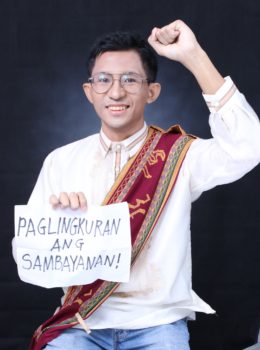
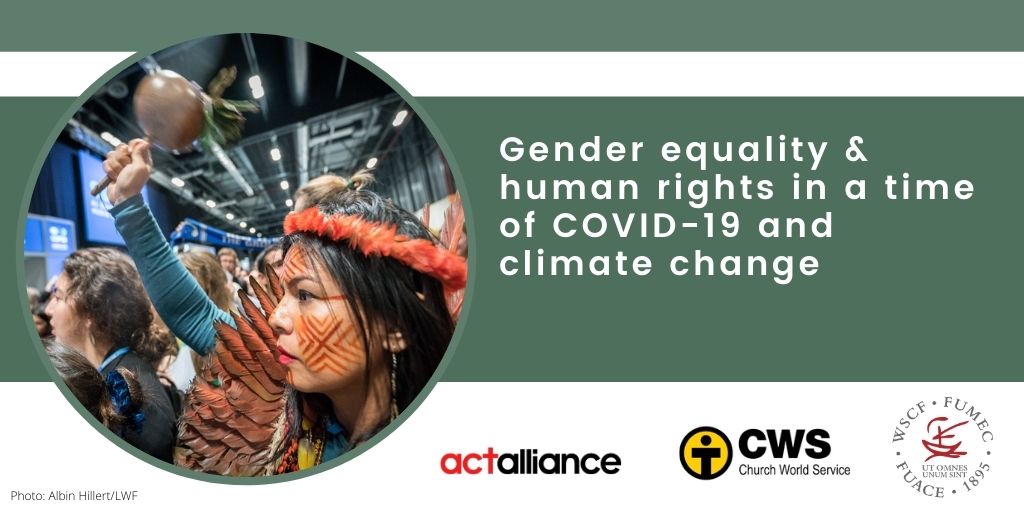
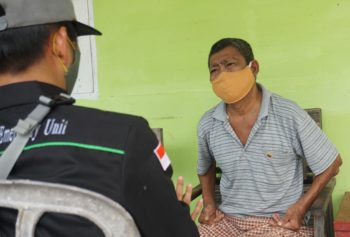
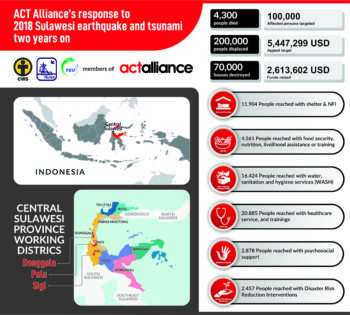
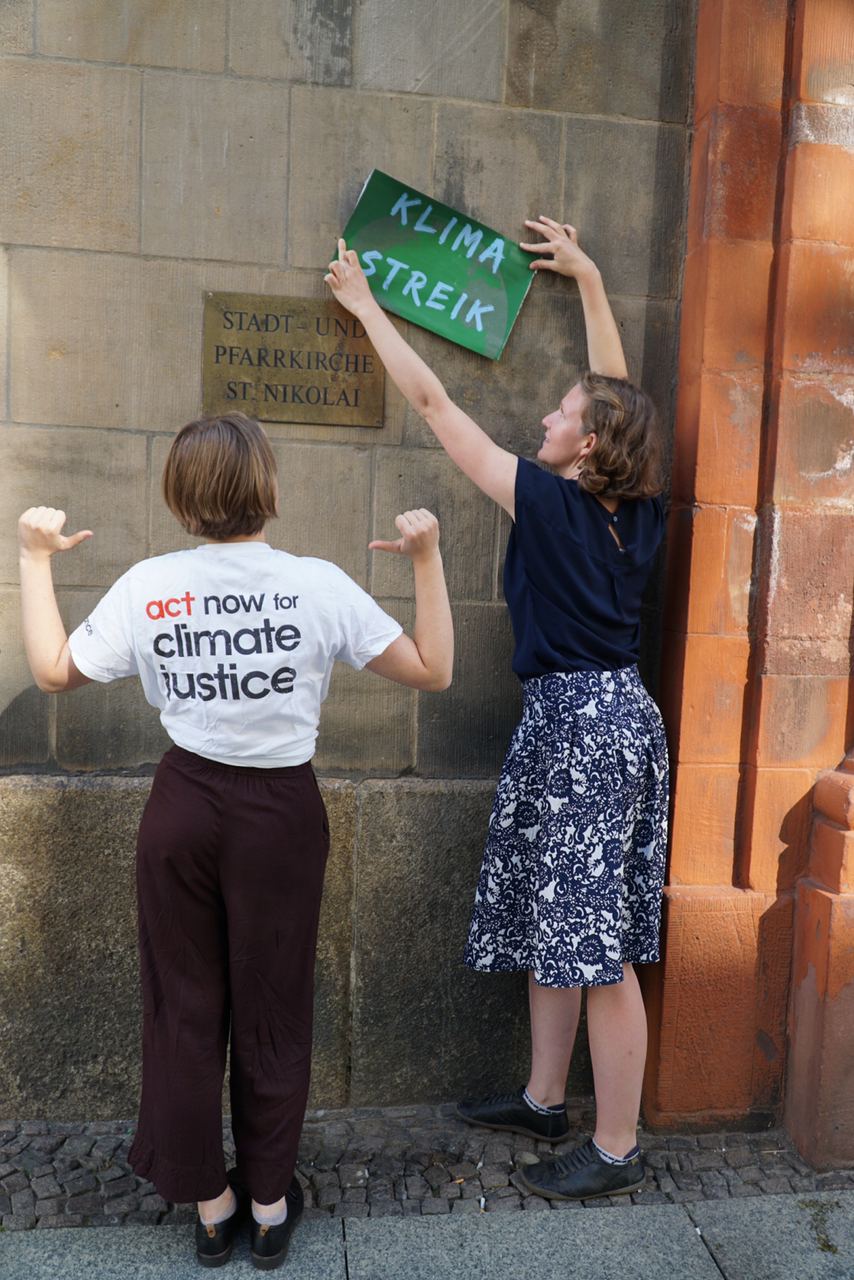
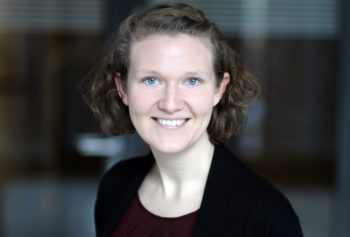
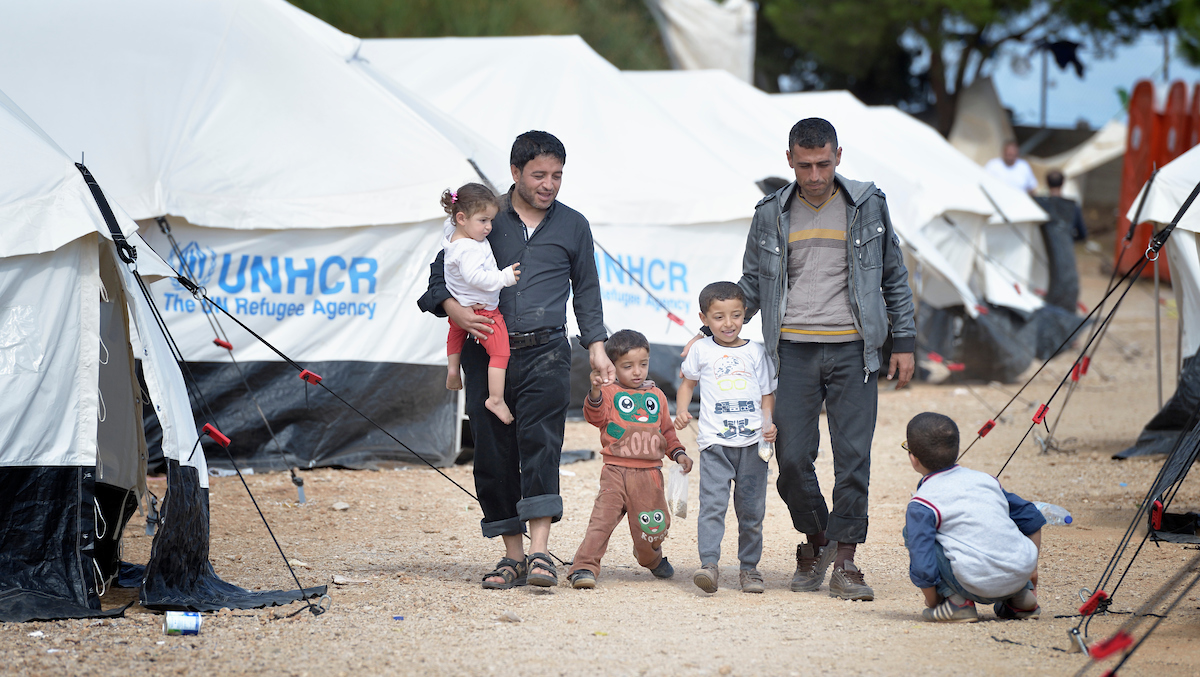
 In recent years NGOs, the EU and agencies of multi-lateral organisations have made uneven progress. The
In recent years NGOs, the EU and agencies of multi-lateral organisations have made uneven progress. The